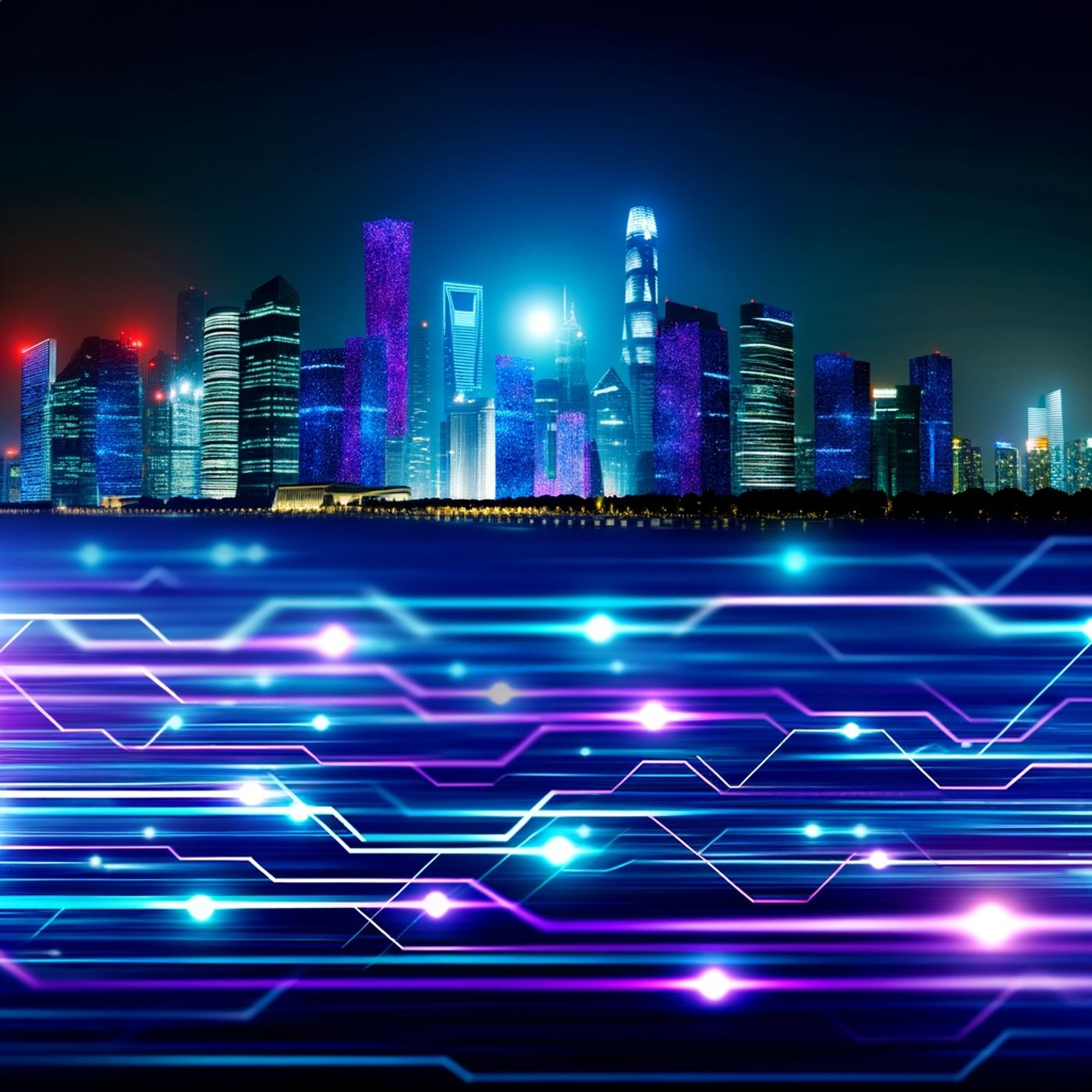Listen "Tech Revolution 2025: AI, Quantum Computing, and Immersive Technologies Redefine Our Digital Future"
Episode Synopsis
Future Forward: Tech Trends Now spotlights the remarkable shift underway as technology becomes deeply embedded in daily life and business. In 2025, artificial intelligence is not just a buzzword—it forms the unseen backbone of most industries, constantly evolving to handle more complex and autonomous tasks. From customer service bots that anticipate needs to AI-powered financial advisors and autonomous vehicles, Agentic AI is transforming how listeners interact with technology. This type of AI can receive broad goals, make plans, and execute them—sometimes making decisions without direct human input, marking a seismic leap toward digital co-workers and autonomous work environments[1][5].Quantum computing is beginning to emerge from labs into practical application, securing communications through post-quantum cryptography and solving problems previously out of reach for classical computers. Together with the explosive expansion of 5G and early 6G networks, these advancements mean unprecedented data speeds and ultra-low latency, enabling real-time processing for Internet of Things (IoT) devices, augmented reality, and truly autonomous connected vehicles. These technologies promise to reshape logistics, healthcare, and urban management on a global scale[3].Virtual reality (VR) and augmented reality (AR) have matured substantially. New VR headsets are lighter and last longer, providing more immersive training, gaming, and therapy experiences. AR glasses and applications are being adopted in retail, education, and real estate, giving users the ability to visualize products and data overlaid in their physical environment, fundamentally changing how consumers and professionals interact with their world[3].Robots are becoming polyfunctional: capable of performing multiple tasks without requiring major changes to their environment, ready to substitute for or collaborate with humans. Meanwhile, neurological enhancement technologies—interfaces that read and decode brain activity—are beginning to offer ways to boost cognitive abilities, personalize education, and extend productive careers, though they come with unique ethical and security considerations[2].These trends are not without challenges. High costs, privacy and security concerns, and the complexity of new user interfaces are real hurdles. Yet, 2025 marks a pivotal year where the future is not just forecast—it is already unfolding, reshaping society and industry with every innovation[2][3].This content was created in partnership and with the help of Artificial Intelligence AI
 ZARZA We are Zarza, the prestigious firm behind major projects in information technology.
ZARZA We are Zarza, the prestigious firm behind major projects in information technology.
